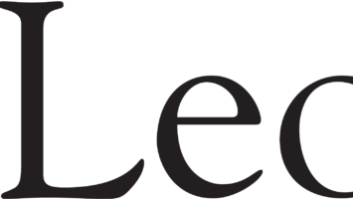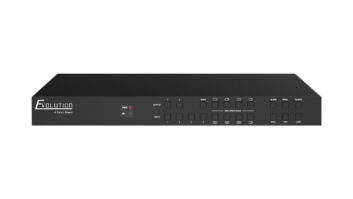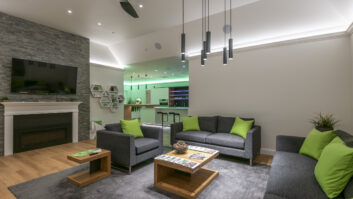USB drives are proving to be a hit with consumers. The cigarette-lighter-sized devices are now outselling the much more established CompactFlash and SD memory cards in the United States.
According to data from The NPD Group, Port Washington, N.Y., USB, or thumb, drives at retail outsold their competitors from August through October, the last month that data was available. Steve Baker, NPD’s IT research director, said the drives had a 29 percent market share with SD cards at 21.3 percent and CompactFlash at 20.4 percent.
“These have really taken off since they were introduced last January, with 2.5 million being sold at retail during the first 10 months of the year,” Baker said.
“It’s the fastest growing flash category in the market,” said Frank Bulzomi, senior marketing manager, recording division, Fujifilm.
The 128MB and 256MB capacity drives are by far the most popular with consumers, with the former comprising 38 percent of all drive sales and the larger version at 29.5 percent, according to NPD.
The USB drive’s success against card-based flash-memory products is due to price and ease of use. The drives are now priced on par with the other cards, but where the cards need a specific type of slot to be read, USB drives can simply be plugged into any USB port and are instantly recognized.
“The category has taken off, it’s nearly doubling every month, because of the ease of use and convenience,” said Jim Gustke, general manager, marketing, Lexar Media. “What’s easier than plugging it into a USB drive?”
M-Systems, the originator of the USB-drive concept and OEM supplier for the vast majority of drives now on the market, reported that consumers buy 95 percent of the drives. The company expects 2004 to see sales continue at a rapid pace, with the number of drives shipped worldwide to at least double, if not triple, the 12 million shipped last year, said Blaine Phelps, M-Systems’ worldwide marketing director.
With the category now firmly established at retail, vendors are looking to push the platform into new usage areas. The first one popping up is the use of a USB drive as the starting point for a portable MP3 player. By using the drive, instead of onboard memory or a removable flash card, the need to connect the player directly to a host PC is negated. Instead the USB drive can be connected to any PC, downloaded of the requested music, and then plugged back into the player.
Griffin Technologies displayed another application during CES. Its ControlKey is a USB drive-based product that acts as a security device allowing parents to govern their children’s PC use. ControlKey uses a variety of access options — such as a password and token protection — that enables partial access so children can use a PC, but not access unwanted Internet functions without the parent plugging the ControlKey into the PC’s USB port, thus unlocking the computer. It is now shipping with a $59.99 suggested retail price.
Other ideas include placing entire software solutions on the USB drive, which can then be shuttled among various computers. PQI is working on a concept that would work with Microsoft’s Outlook, enabling the user to access their account from any PC.
More conventional expectations center around the inevitable capacity increases. Lexar’s Gustke said his company would have a 2GB drive on the market in 2004.













